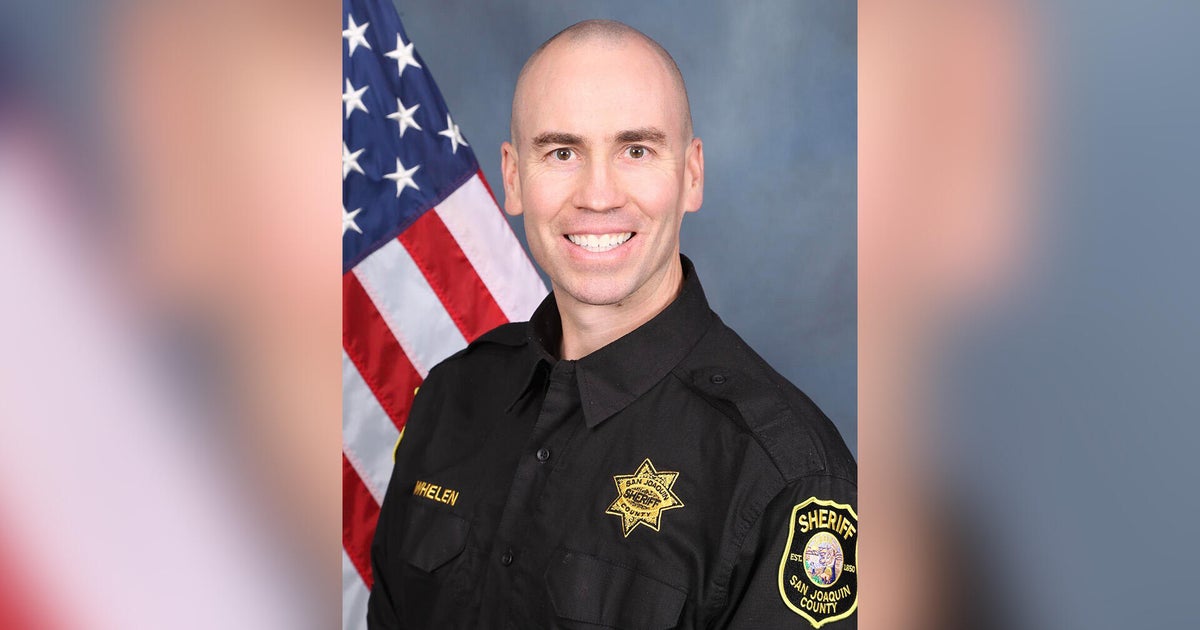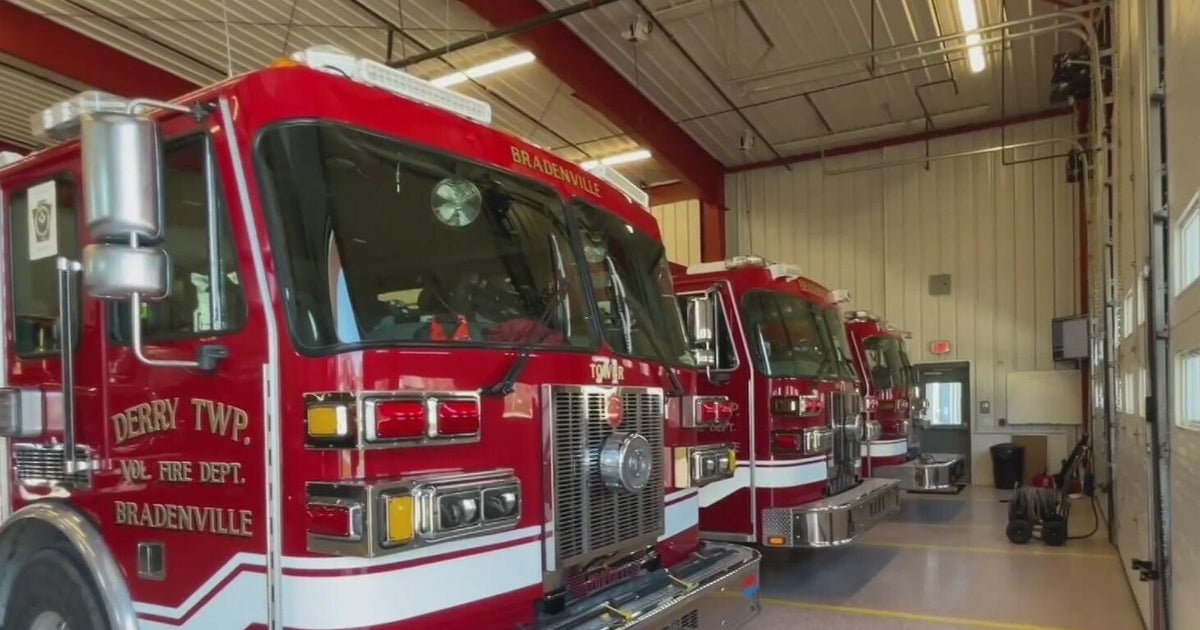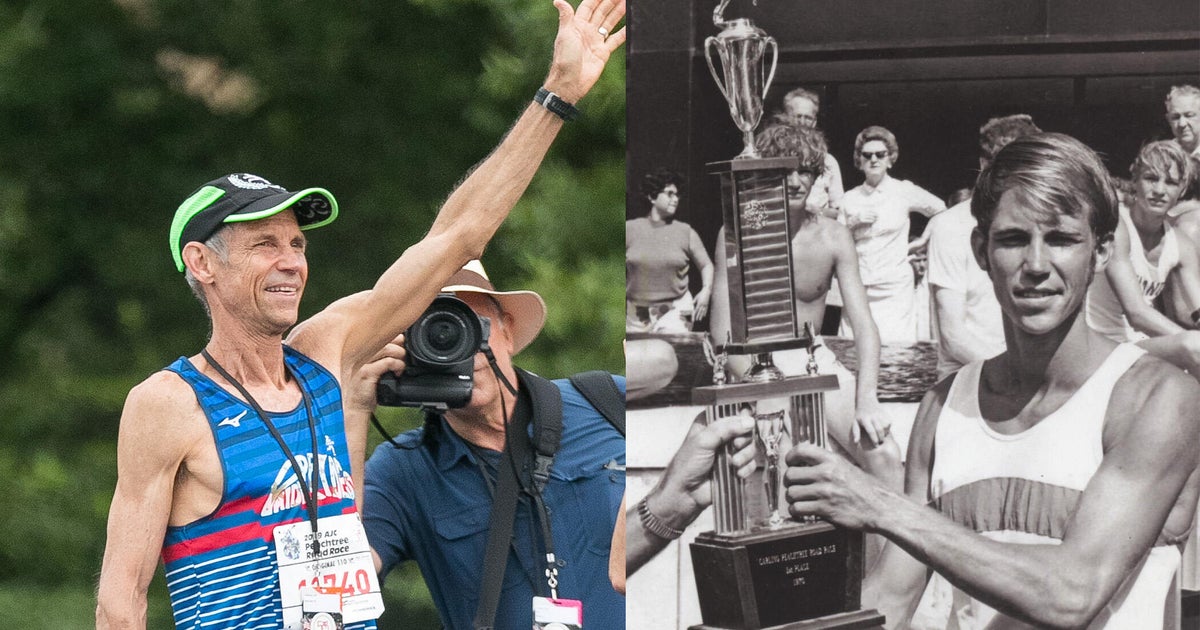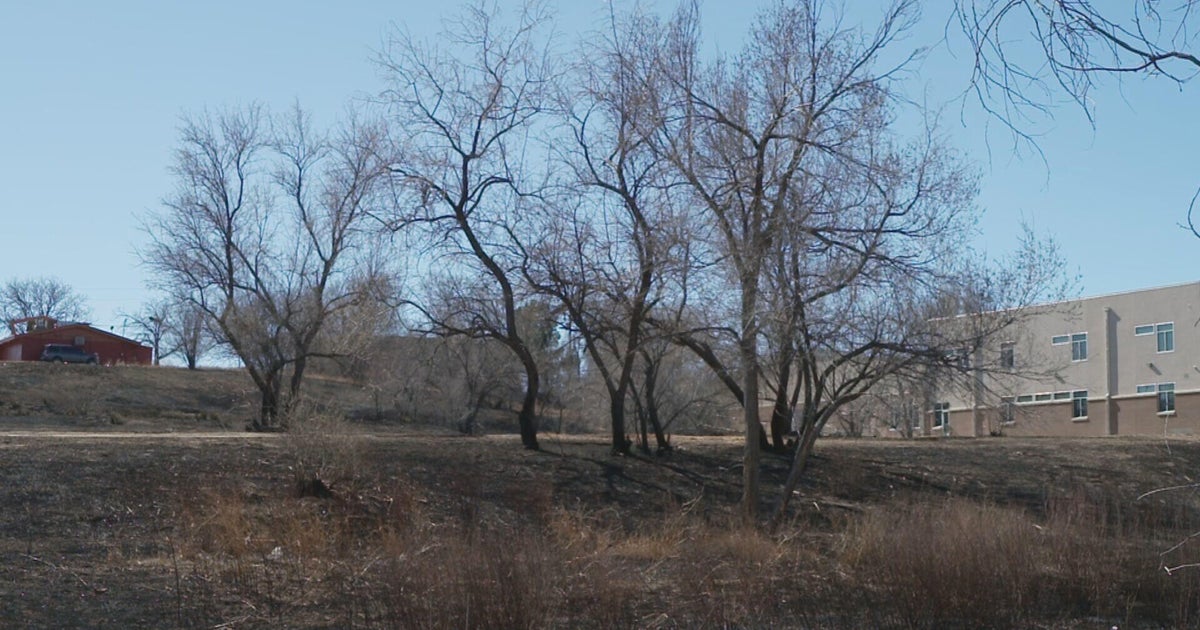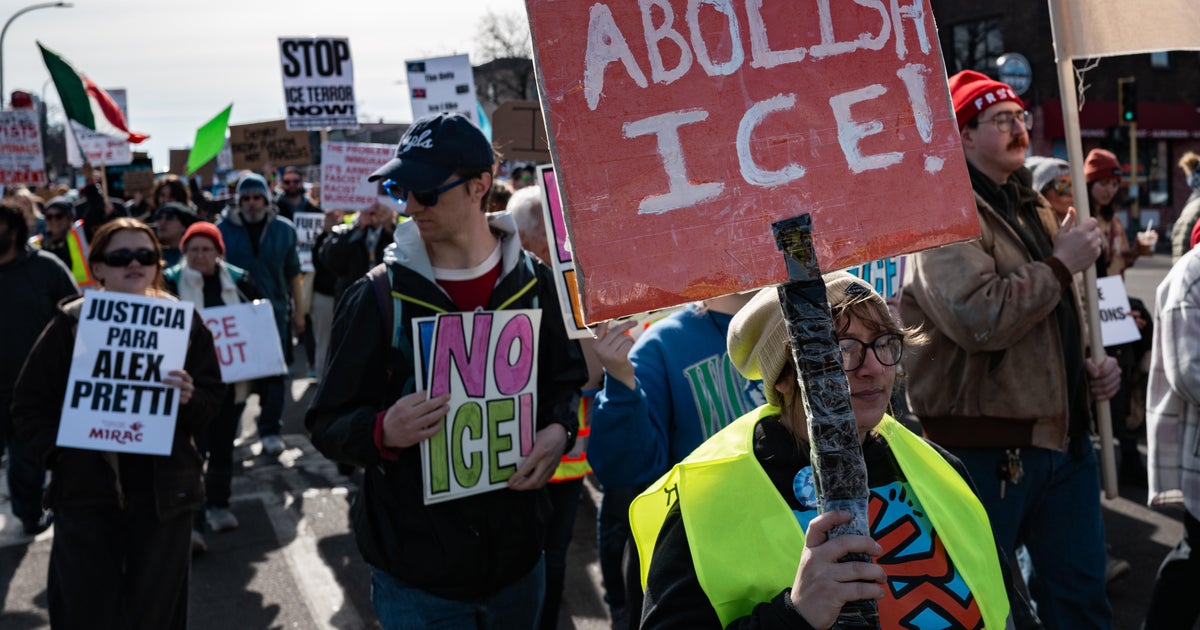Marathon Medical Tent Doctors Reflect On Bombing Response
BOSTON (CBS) -- More than 10,000 volunteers will help out at this year's Boston Marathon, among them hundreds of doctors and other medical workers. We know last year their efforts at the finish line saved lives.
Using wheelchairs to shuttle the severely wounded off Boylston Street was just one of the several emergency ad-libs last April 15.
Dr. Aaron Baggish was a medical tent doctor during the bombing. Looking back, he speaks of the hundreds of volunteers who quickly converted the medical tent into a trauma unit, tweaking a mass casualty plan hatched from those brutally hot marathons in years past.
"We were very well set-up," Dr. Pierre d'Hemecourt said. "The cards were stacked in our favor that day in terms of being able to respond rapidly."
Boston Marathon Medical Coordinator Chris Troyanos had just told a colleague that things "couldn't be going better."
"As soon as that word 'better' came out of my mouth, the first bomb went off," he said.
Dr. Pierre d'Hemecourt was nearby.
"Then we heard the second explosion," he said.
Things had been so smoothly inside the medical tent that Dr. Baggish had gone out to the finish line, where the first blast blew out his right eardrum. Still, he jumped in to help.
"I was over the barricade within 30 seconds of it happening and the next 20 minutes were completely just a blur of intensity but also a sense of clarity," he said.
The team's mission was no longer about dehydration and cramping. It was about saving lives, alongside spectators using makeshift tourniquets and swarming first responders.
"The teamwork that went into the onsite triage and extrication was unbelievable," Baggish said.
Troyanos still doesn't remember running over with a wave of tent volunteers.
"There was nothing we did there that was fancy or different; it was basic first aid," he said.
Within 18 minutes, the injured either went to the hospital or were ferried to the tent, where the calm belied the carnage.
"It was a calmness I had never experienced," d'Hemecourt said. "That's what the cameras didn't show."
Trayanos, who has spent years perfecting the finish line medical tent system, showed us the new spot where this year's bigger medical tent will be. He still wonders about the echoes of last April.
"I don't think it's completely played out," he said.
Sports Cardiologist Baggish admits to a healing process that has been both challenging and powerful for his heart. But come this year's starting gun, all vow to be ready, along with hundreds of volunteers.
"People want this race to be the Boston Marathon that has forever been linked to good feelings and good sentiments and that's what we need to get back to," Baggish said.
MORE BOSTON MARATHON NEWS FROM CBS BOSTON
